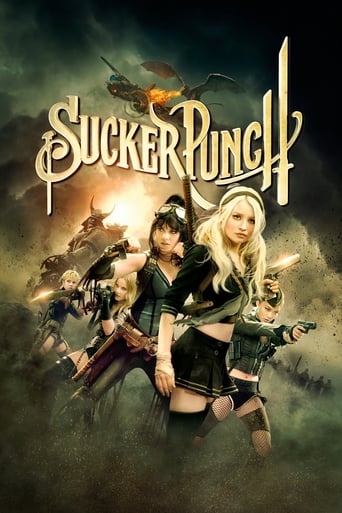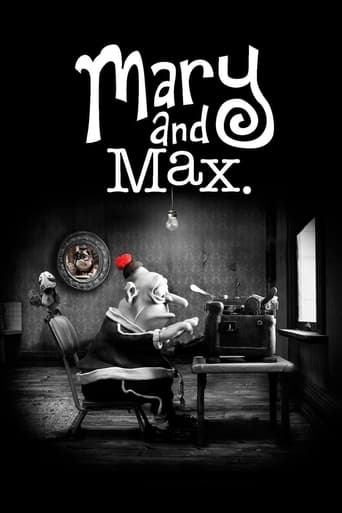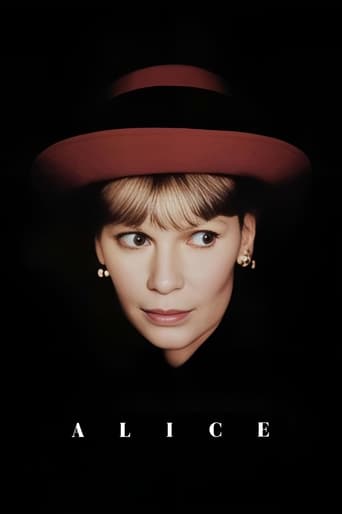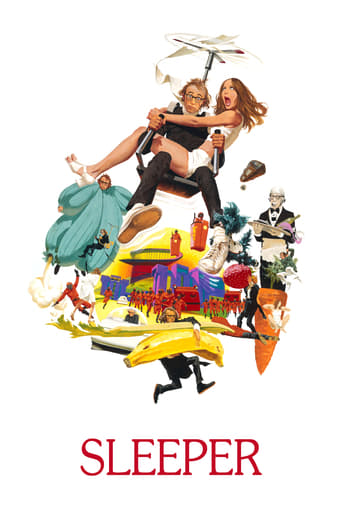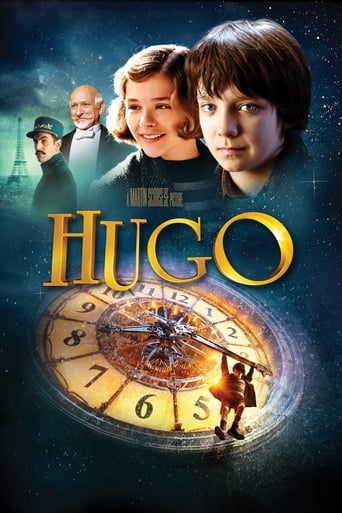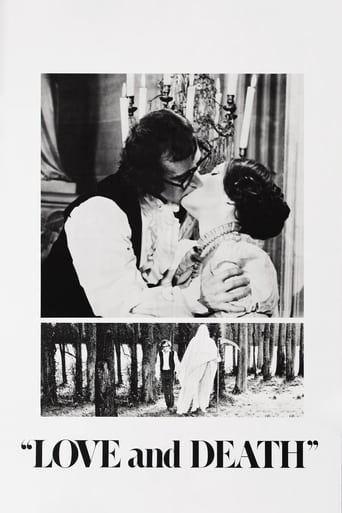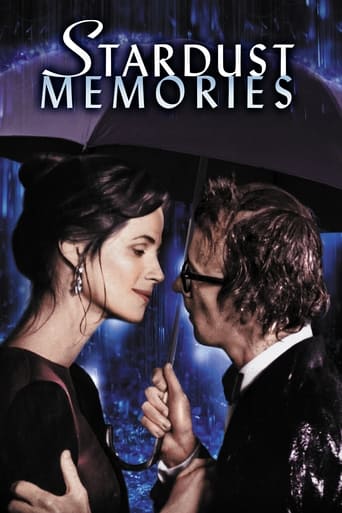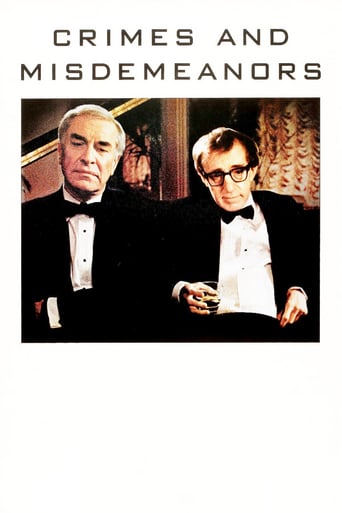


Crimes and Misdemeanors
An ophthalmologist's mistress threatens to reveal their affair to his wife, while a married documentary filmmaker is infatuated by another woman.
-
- Cast:
- Woody Allen , Martin Landau , Mia Farrow , Alan Alda , Anjelica Huston , Joanna Gleason , Sam Waterston


Similar titles
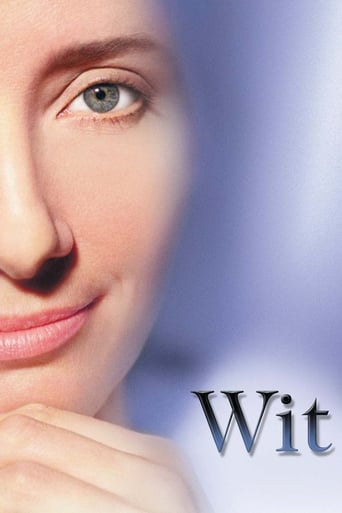
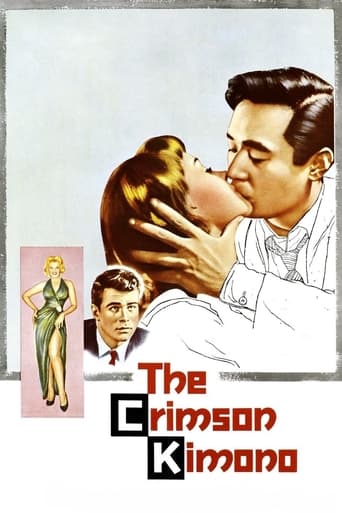

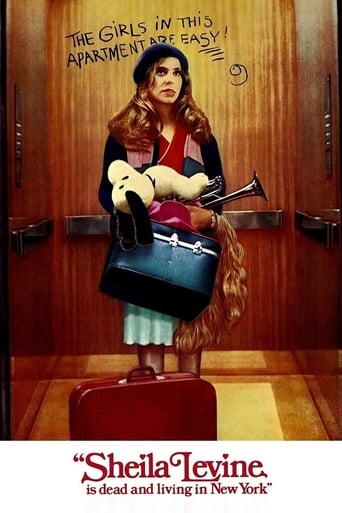
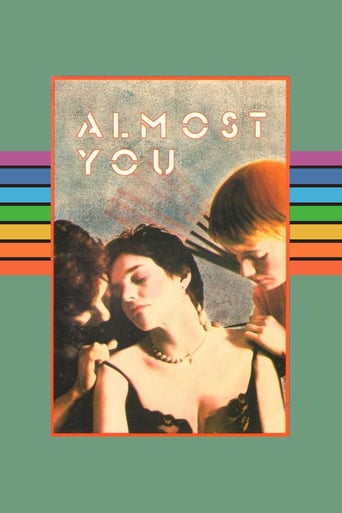
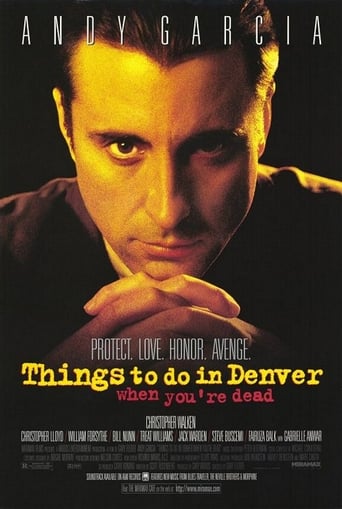
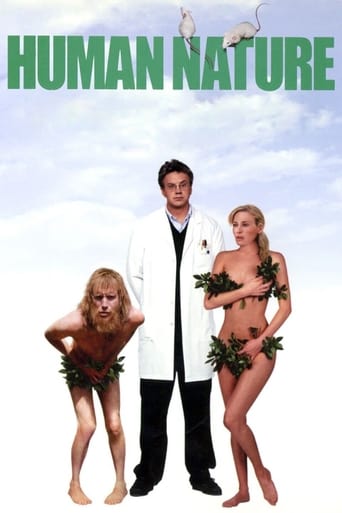
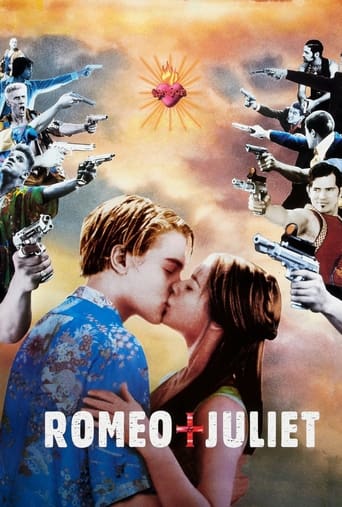
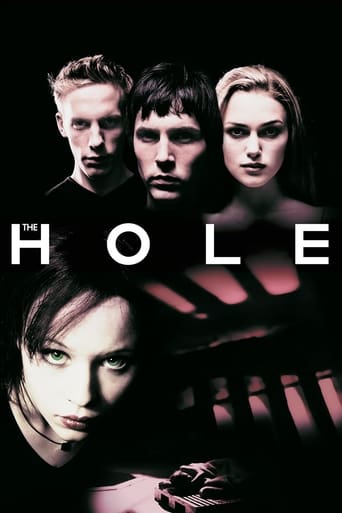
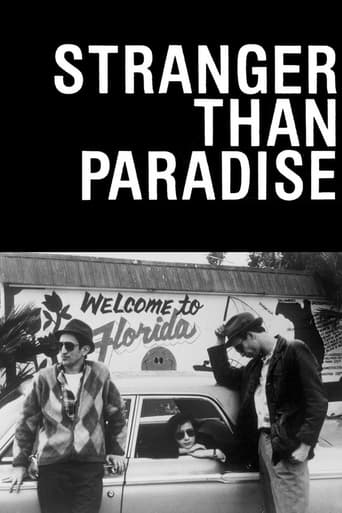
Reviews
Why so much hype?
Fantastic!
At first rather annoying in its heavy emphasis on reenactments, this movie ultimately proves fascinating, simply because the complicated, highly dramatic tale it tells still almost defies belief.
Strong acting helps the film overcome an uncertain premise and create characters that hold our attention absolutely.
Of all the movie quotes one might attribute to writer and director Woody Allen, the one spoken above by his character Cliff Stern in this picture might epitomize his real life persona best. I think it's just so revelatory about the man himself. The theme carries through in this picture quite obviously, and in it's own way, applies to both of the principal characters, Stern and opthamologist Judah Rosenthal (Martin Landau). A moral quandary is addressed by Judah after he submissively accepts his brother Jack's (Jerry Orbach) solution to an infidelity threatening to ruin his life. Questions of life and death, guilt and innocence, and the ongoing conflict of human relationships all play a part in the story, and Allen has shown himself to be a past master of dealing with all of it. The one bit of certainty that emanates form the picture is the fact that it could not have been made or released during film's Production Code era from the Thirties through the Sixties, as Landau's character gets away with murder and rationalizes that he'll feel less guilty over time about it. As for the supporting cast, Alan Alda's Lester is insufferable while I don't think I've ever seen Mia Farrow look better. "Crimes and Misdemeanors" bears watching, and after having done so, watch it again. It's just that good.
This is about as close as Woody Allen is likely to come to real tragedy. Martin Landau is having an affair but his paramour threatens to lower the boom on him by telling Landau's wife. Landau arranges to have his love murdered but is stunned by what he has gone, haunted by moral lessons learned from a rabbi when he was a child, and ends the movie thoroughly chastened but not in jail. He gives a subtle performance too.That's what is know as "the A story." The "B story" has Woody Allen as a documentary film maker in love with Mia Farrow, who is in love with Allan Alda, an egotistical, famous, rich nincompoop. The egotistical, famous, rich nincompoop gets the girl, while Allan's marriage dissolves, leaving him forlorn.Well, okay. It's not King Lear. But it's enjoyable and at times slyly thought provoking. (Is it really necessary to believe in God and an afterlife of punishment in order to feel guilt?) A rabbi, done to a turn by Sam Waterston, represents God and has gone blind. The symbolism is clear but the meaning is nebulous. The scenes of Jewish rituals are semi-real and heartwarming, like low-key versions of John Ford's weddings and dances.Allen's job is making a documentary film about Allan Alda, whom he loathes. Alda is foolish and, furthermore, he's got first dibs on the girl Allen loves. So the documentary, which is supposed to make a public icon out of Alda, turns out to be a disaster -- scenes of Alda shouting and bragging, intercut with shots of Mussolini on his balcony haranguing his fascist supporters, Alda copping a feel in a dark hallway. During the viewing of the film, we see Woody Allen seated in the theater and chuckling at his own cruel wit. Alda sits there aghast, his mouth open, and then fires Allen on the spot.Of course, the film is necessarily cluttered with Woody Allen's conversational tropes. "How AHHH you?" And, "I just feel, I don't know, unsettled. Y'know?" And Allen's compulsive wisecracks are up to par: "The last time I was inside a woman was when I visited the Statue of Liberty." Lots of dinner parties with guests, a wedding, a sentimental dance. The conversations are incredibly middle-class and banal -- the virtues of acupuncture and the center piece at Rockefeller Center. But the pace is deliberate, and the staging precise, as befits a tragedy.I preferred the B story to the A story. They weren't seamlessly blended. Yet it's watchable and diverting, and odd to see Woody Allen so seriously probing a concept like guilt.
This is a deftly made movie with parallel stories and portrayal of the world of Jewish New Yorkers. The angst over whether there is a true morality from an omnipotent God makes the film thought-provoking and, to some, disturbing. Allen has grappled now twice with this idea of getting away with murder and whether one can go on to live a good life without fear of retribution. He explored it in this film, and then again in Matchpoint. In Crimes and Misdemeanors, the issue was whether God was watching and if the guilty character could live well with his conscience. In Matchpoint, retribution is a matter of random luck.The conclusions of both films can seem brilliant to some, but quite troubling to others. The reason this is so, is because Allen's main question, "Can the murderer get away with it?" hinges on one important assumption: that all rewards and punishments occur in this life...and that moral behavior is subject to rewards and punishments. This is in fact a very Jewish point of view (hence the family debate in their Midwood, Brooklyn, home). Jews do not believe in Heaven or Hell, so all has to be achieved in this life. Within the logic that emerges from the above question is inevitably a morally confused universe and cynical point of view. What's worse is that the movie assumes the rewards are things like wealth, career success, love.If murderers do not get found out and do not suffer punishment, does that mean there is no moral God watching over us? No, their crime or misdemeanor is still wrong, because it caused harm to someone. If they have no conscience and they are not caught, it is still wrong. If there is not a God meting out rewards and punishments in this life or the afterlife, what makes it wrong? Does it not matter if one decides to murder for personal gain? Is not the rule to follow simply dog eat dog and every man for himself? Allen has not progressed in questioning the assumption, whether material rewards are the appropriate measure of morality.To get past his ongoing conundrum, the next time Allen takes on this theme, he needs to consider how society as a whole would break down if no one subscribed to any code of morality. There would not be anything to get away with, since everyone would subscribe to the law of the jungle: who ever eats, wins. Without a common code of morals, we would be reduced to a primitive state.Allen is very literary, but to address moral issues, he needs to go beyond the individual and consider social systems as a whole. Morality is a matter of relationships to our fellow human beings, not of individual success in life. One might argue that societies have a long history of sanctioning, through the law, behaviors we find abhorrent today, so morality is still all relative and there is no moral absolute. I think, rather, that human societies evolve as we learn from our mistakes, and we find out these mistakes because indeed there is a moral absolute that reveals them to be wrong: gradually it becomes recognized that it is not okay for women to be an underclass to men; that racism violates the rights of people; that lying, cheating, stealing, and murdering result in a breakdown of the trust required to engage in transactions and the economic health of a society; that crime is a symptom of a lot of social ills, from economic inequities to mental illness to social pressures that sway the individual's moral compass. Obviously, there are sociopaths and criminals who have no empathy for their victims and no conscience about gaining at the expense of others, including murder -- we now have clinical terms for them, and even can link aberrant, deficient behaviors to parts of the brain. Judah's brother is such a one with no twinges of conscience. Judah enjoys the trappings of success very much because those around subscribe to a moral code to which he must pretend.Criminals are put in jail to punish them, to protect society from them, and to reform them. Society's sense of morality evolves in the effort to achieve some social order that is sustainable. If someone gets away with murder, the goal of the law is that society does not implode with everyone doing the same as some norm of behavior. One does not need a God to tell us what works or not. Our different beliefs in God or not, meanwhile, color how we codify our morals in social conduct and the law.Good movie, within its narrowly defined universe, but Allen needs to expand beyond that small universe to truly answer the question of moral absolutes. I hope he reads my review somehow, as I get the sense that his is indeed a very troubled man.P.S. To those who analyze the film in terms of Utilitarianism and Kant, my above take based on human relationships draws from Asian philosophy and Confucianism, and the concept of societies as complex systems.
Crimes and misdemeanorsCrimes and misdemeanors is a film by Woody Allen. In the leading roles there is him as Cliff Stern, Martin Landau, Anjelica Huston, Mia Farrow. The film has two different stories developing at the same time. The first one is a drama about an opthalmologist (Martin Landau), whose mistress (Anjelica Huston) wants to tell to his wife about their affair, otherwise she threatens to reveal that he is a corrupted man. The second one is a romantic comedy about a TV writer (Woody Allen) who falls in love with a woman (Mia Farrow) with whom he works, while he deals with his successful brother-in-law.First of all, Woody Allen is the same guy as always. The same character, with the same profession, dealing with the same erotic problems, with the same way of thinking, with the same cynicism. I understand that this is him, but at least he could change some things on the character.Second, I barely see a connection between the two stories. I waited to see where the two stories are heading to, to find out the two main characters make a conversation about life. I just don't see a reason why there should be two different stories. Each one is good enough to be a single movie, the first a crime drama and the second a typical Woody Allen romantic comedy.Still, I liked the ideas about life that come out of the stories, especially the first one. About how time makes us forget and forgive and how the first impression of someone or something could be totally wrong.The soundtrack was good and so was the acting, although many characters were useless as they only served the connection between the stories, like the rabbi.Not a good effort to make a complex film. I wouldn't recommend it as there are far better films to watch. I give it 4/10

